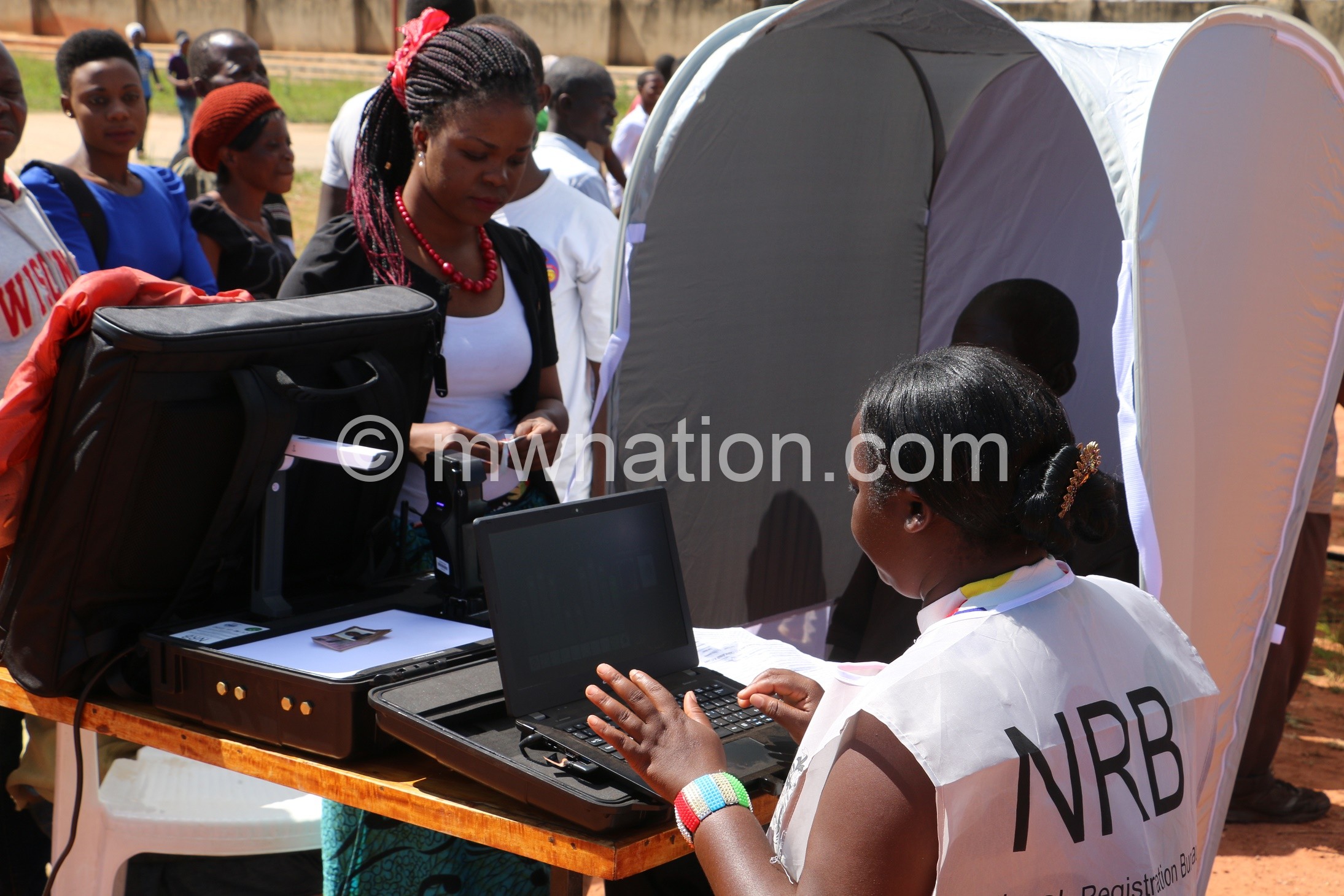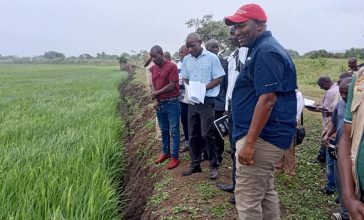Parley independence in jeopardy
Parliament’s oversight of State institutions could be compromised if members of parliamentary committees continue accepting allowances from institutions they visit, Nation on Sunday has established.
Parliament confirmed situations where its committees are funded by other stakeholders, but argued that this is true when the stakeholders have invited the committees.
The Legislature, apart from its legislative, also provides oversight to government ministries, departments and agencies (MDAs) and statutory corporations.
Where need arises, the parliamentary committees also police private institutions.
The committees are funded by Parliament’s secretariat to visit MDAs and statutory bodies, but some public and private institutions have of late been providing fuel and accommodation allowances to the committees.

Former speaker of Parliament Louis Chimango while declining to focus on allowances the legislators pocket from MDAs and statutory bodies said in an interview it all borders on financial position of the House.
He said: “My observation is funding may never be enough. There are competitive demands from all arms of government, even the Judiciary. There are always concerns of underfunding, even during my time, but it is not like institutions are denied funding deliberately, no. The demands are always high.
“The question now is how to manage that inadequacy. You cut your coat according to your cloth. If you are a poor man, you do not dress like a king. It is up to the institutions to manage their financial affairs. Implications will always be there if institutions choose to overspend on something.”
Another former Speaker of Parliament, who opted not to be named, said allowances parliamentary committees’ members receive from MDAs, statutory bodies or private institutions compromises their oversight roles.
Said the former speaker: “It is the role of the parliamentary committees to oversee these institutions, and if committees go to see them on specific issues and they get funded by the same institutions, Parliament is obviously inflicted.
“To ensure Parliament’s independence and that it transacts its business over MDAs or statutory bodies without undue influence; Parliament has to be funded adequately to enable it to meet all travel expenses for all its committees.”
He said there are often issues that the committees are expected to take action against institutions they visit, but they could be compromised in coming up with a decision if, for example, a committee was flown out of the country where its members pocketed allowances.
The former Speaker said there are special cases where committee members could be justified to receive allowances from State institutions, for example where meetings are organised to lobby them on a particular issue.
“In this case, the institutions can organise resources for the MPs, and that is acceptable. There are times State institutions organise stakeholders meetings and invite MPs, such meetings are justifiable for MPs to be given allowances,” he said.
However the ex-Speaker said the tendency of MPs receiving allowances from institutions outside Parliament has been there for long and it is not a healthy one.
Parliament’s spokesperson Ian Mwenye said in a response to a questionnaire that funding for parliamentary activities, including committees’ work is based on allocation each institution gets.
“Therefore, in order to execute their oversight functions, committee activities are budgeted for each financial year in line with their work plans. Nonetheless, there are instances whereby stakeholders invite parliamentary committees. In such cases, the concerned stakeholders are responsible for their logistics,” he said.
On fears of conflict of interest, Mwenye said the committees’ reports are public documents and so far, no conflict of interest has arisen.
George Chaima, a governance expert, said the parliamentary committees are instituted by an Act of Parliament; therefore, their activities are included in Parliament’s budget.
Chaima explained: “Underfunding is an issue because it can seriously affect the effectiveness of particular committees. If the committees are underfunded then it is much easier to trigger a spirit of dissatisfaction among the MPs.
“Underfunding can slow productivity, effectiveness and achievement of set goals and targets. The culture of MPs drawing allowances from the institutions [outside Parliament] may weaken the position of parliamentary committees to act appropriately.”
The governance expert said this can be avoided by releasing full funding as requested or stipulated in the approved budget.
Nandin Patel, a political scientist, in a response to a questionnaire said the MPs are entitled allowances when they travel, but this must come from Parliament.
She said: “Parliament budget is in the protected budget for its operations, and this money does not come from the Executive. Parliament must fund these committees to help them carry out their oversight roles.
“The institutions MPs visit must not give them anything because they will be compromising the independence of Parliament, and the MPs should not expect anything from these institutions. It is the duty of Parliament to fund all its activities.”
A chairperson of one of the parliamentary committees, who opted not to be mentioned, agreed that receiving allowances from institutions they visit compromises their oversight roles.





